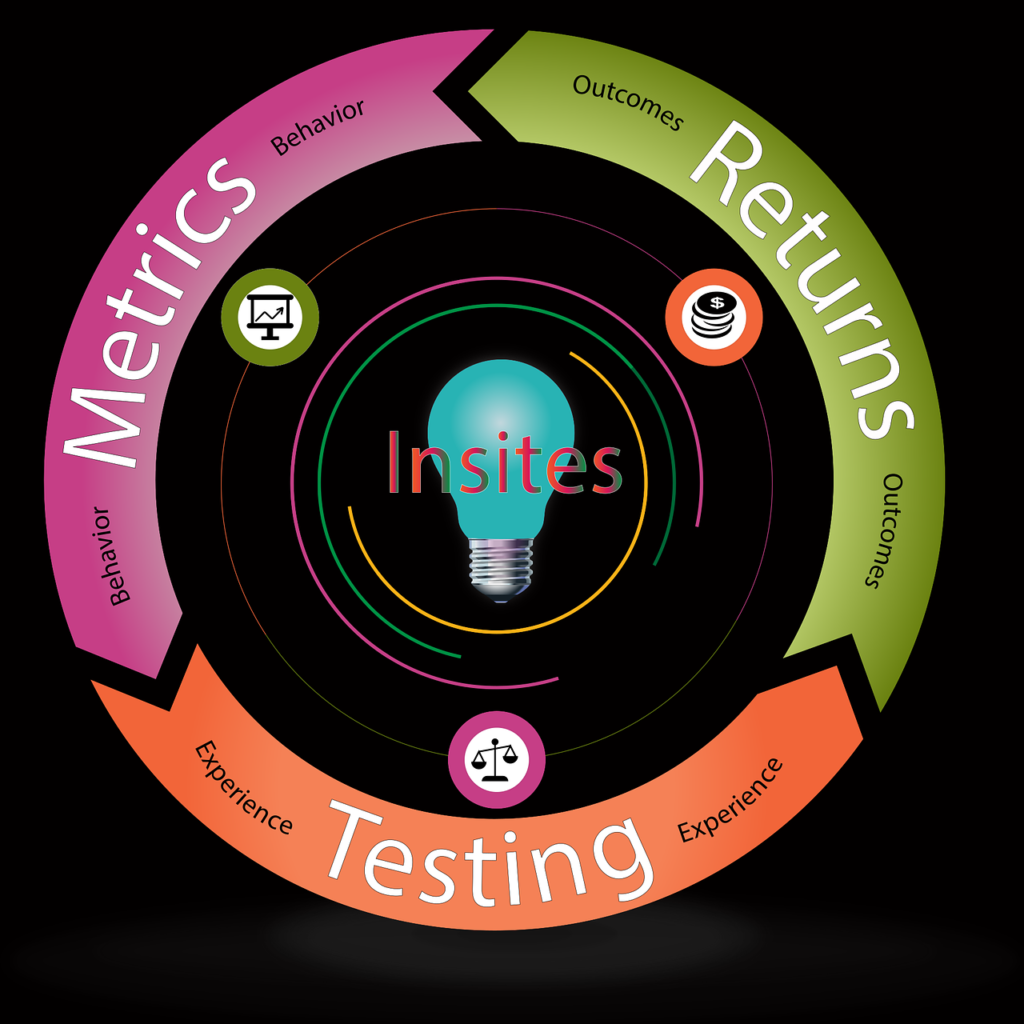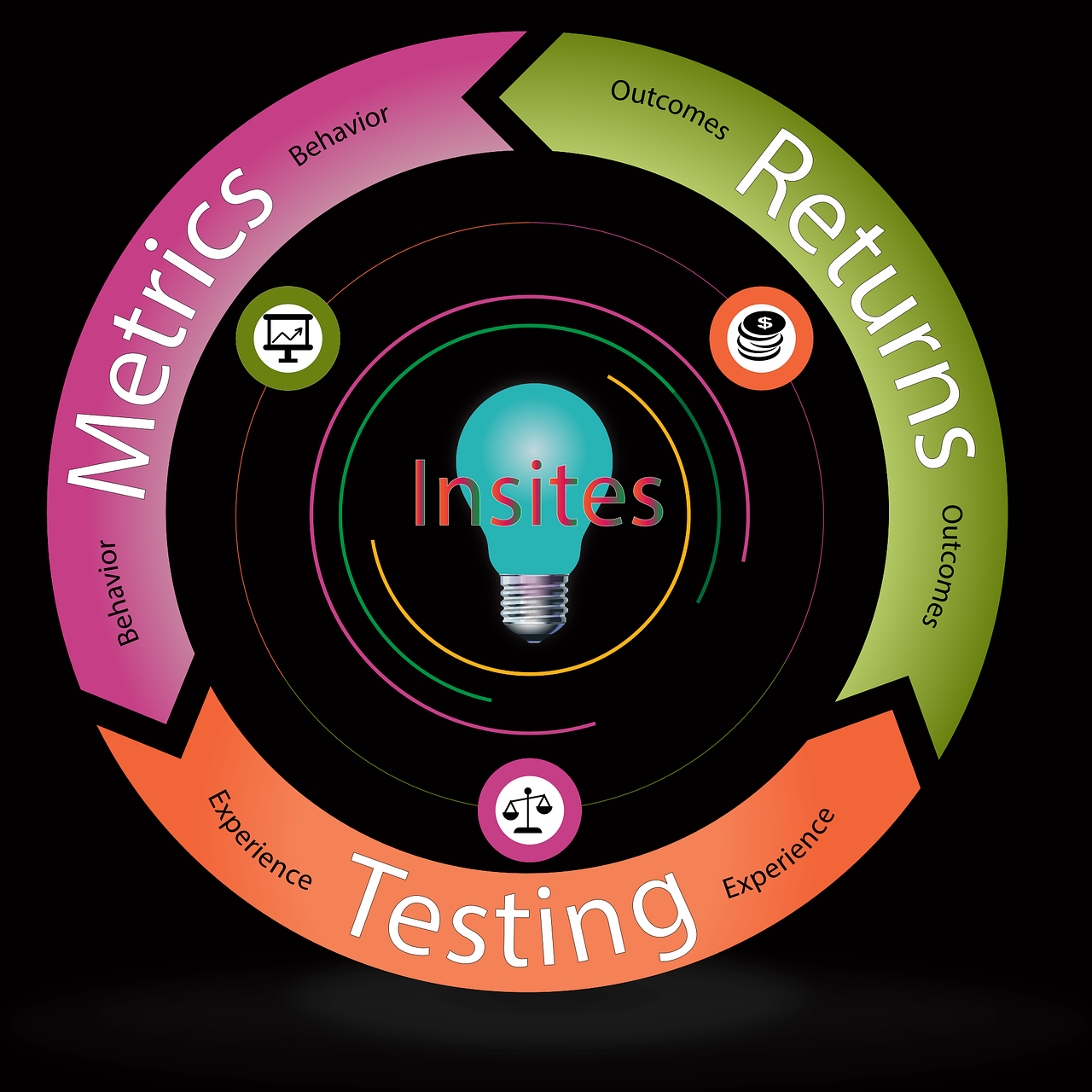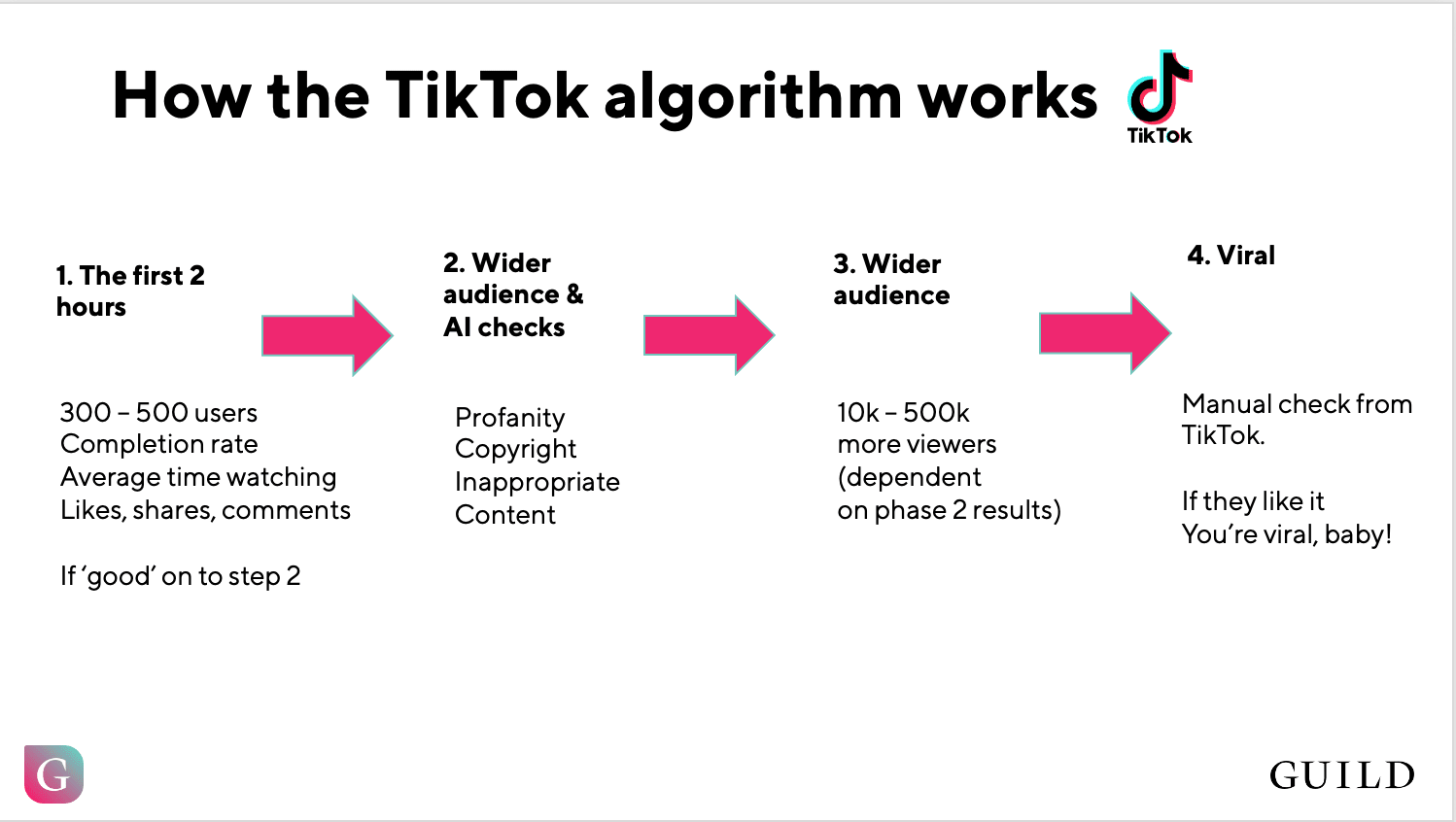You’re about to embark on a journey to unlock the power of social media metrics. In this article, we’ll explore the importance of measuring social media Key Performance Indicators, or KPIs. These invaluable metrics are the compass that guides your social media strategy, helping you understand the impact of your efforts and make informed decisions. So, tighten your seatbelt and get ready to navigate the world of social media KPIs. It’s time to take your social media game to the next level!
Measuring Social Media KPIs

Understanding Social Media KPIs
Social media has become an integral part of our daily lives, and businesses have recognized the importance of utilizing these platforms to connect with their audience. With the vast amount of data available, it is essential to measure the effectiveness of your social media efforts. This is where Key Performance Indicators (KPIs) come into play.
Defining Key Performance Indicators (KPIs)
Key Performance Indicators (KPIs) are quantifiable metrics that help businesses track and evaluate their progress towards specific goals. When it comes to social media, KPIs provide insights into various aspects, such as reach, engagement, conversions, customer satisfaction, and brand reputation. By setting clear KPIs, businesses can measure their social media performance and make informed decisions to optimize their strategies.
Choosing the Right KPIs for Social Media
Choosing the right KPIs for social media depends on your business objectives and the specific goals you aim to achieve. It is important to align your KPIs with your overall marketing and business objectives. For example, if your goal is to increase brand awareness, your KPIs might focus on measuring reach, impressions, and follower growth. On the other hand, if your goal is to generate leads, your KPIs might revolve around conversions and click-through rates.
Setting Measurable Goals
Setting measurable goals is crucial in order to track the effectiveness of your social media efforts. Goals should be specific, measurable, achievable, relevant, and time-bound (SMART). For example, instead of setting a vague goal like “increase social media engagement,” you can set a SMART goal such as “increase average engagement rate by 10% within the next quarter.” This allows you to track your progress and adjust your strategies accordingly.
Collecting and Analyzing Data
Collecting and analyzing data is essential to measure your social media KPIs accurately. Social media platforms provide built-in analytics tools that offer valuable insights into your performance. These tools track metrics like reach, impressions, engagement, clicks, and conversions. By regularly monitoring and analyzing this data, you can identify trends, measure the effectiveness of your strategies, and make data-driven decisions to optimize your social media efforts.
Tools for Measuring Social Media KPIs
There are several tools available that can help you measure your social media KPIs more effectively. One popular tool is Google Analytics, which can track website traffic, conversions, and referral sources from your social media platforms. Social media management tools like Hootsuite and Sprout Social provide comprehensive analytics on engagement, follower growth, and content performance. These tools can streamline your social media reporting and provide actionable insights to improve your results.
Measuring Reach and Engagement
Measuring reach and engagement is crucial to assess the effectiveness of your social media efforts in terms of the audience you are reaching and how they are interacting with your content. Reach refers to the number of unique users who have seen your content, while engagement measures the actions taken by users, such as likes, comments, shares, and clicks. Analyzing these metrics can help you understand which content resonates with your audience and adjust your strategies accordingly.
Measuring Conversion and ROI
Measuring conversions and return on investment (ROI) allows you to determine the impact of your social media efforts on your business objectives. Conversion metrics can include sign-ups, downloads, purchases, or any other action that aligns with your goals. Calculating ROI involves determining the revenue generated from your social media efforts and comparing it to the costs associated with running your social media campaigns. By measuring these metrics, you can evaluate the effectiveness of your strategies and optimize your campaigns to achieve higher ROI.
Evaluating Customer Satisfaction
Social media provides an avenue for customers to voice their opinions and provide feedback. Monitoring and evaluating customer satisfaction is crucial to understand how your audience perceives your brand and whether your strategies are resonating with them. Metrics like sentiment analysis, customer reviews, and survey responses can provide insights into customer satisfaction levels. By addressing customer concerns and adjusting your strategies based on their feedback, you can improve customer satisfaction and build stronger relationships with your audience.
Monitoring Brand Reputation
Social media plays a significant role in shaping brand reputation, as it provides a platform for customers to share their experiences and opinions publicly. Monitoring brand reputation involves tracking mentions, sentiment analysis, and social listening to understand how your brand is being perceived. By actively monitoring and addressing any negative feedback or complaints, you can proactively manage your brand reputation and maintain a positive image in the eyes of your audience.
In conclusion, measuring social media KPIs is essential for businesses to evaluate the effectiveness of their social media strategies. By understanding social media KPIs, defining the right metrics, setting measurable goals, and utilizing tools for data collection and analysis, businesses can assess their reach, engagement, conversion, customer satisfaction, and brand reputation. With this valuable information, businesses can make informed decisions, optimize their social media efforts, and ultimately achieve their marketing and business objectives.










![6 Steps to Create an Outstanding Marketing Plan [Free Templates] 6-steps-to-create-an-outstanding-marketing-plan-[free-templates]](https://socialmediamarketingtechniques.com/wp-content/uploads/2024/07/512-6-steps-to-create-an-outstanding-marketing-plan-free-templates-100x75.webp)

